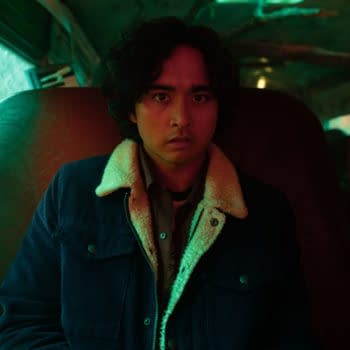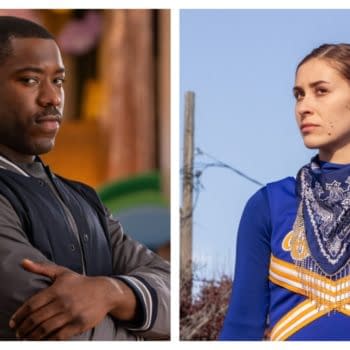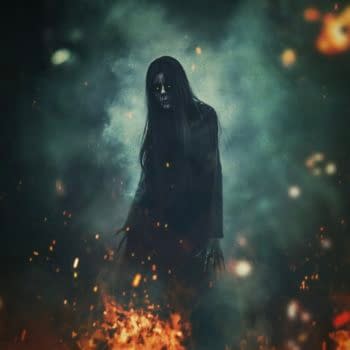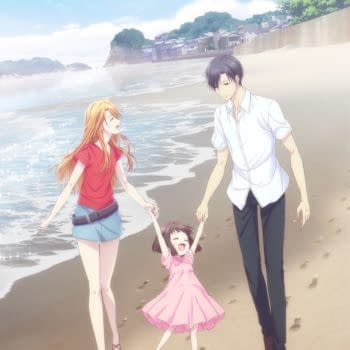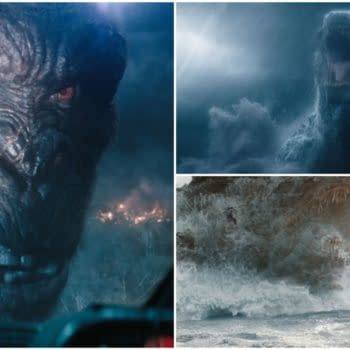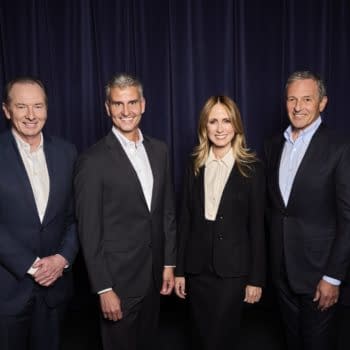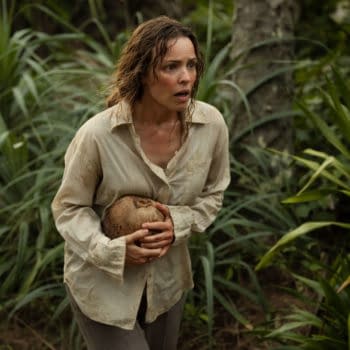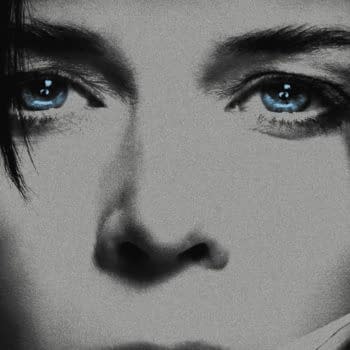Posted in: Exclusive, Interview, Movies, Netflix, Streaming | Tagged: Allison Janney, exclusive, interview, Jurnee Smollett, lou, Nima Fakhrara
Lou Composer Nima Fakhrara on Retro Inspiration for Netflix Film
When Nima Fakhrara was approached to do the action crime drama in Lou, the challenge he wanted to tackle was how to portray the title character, played by Allison Janney, within her element. The Anna Foerster film follows a mother (Jurnee Smollett) who enlists the help of a mysterious woman (Janney) to help pursue her daughter and her kidnapper through a raging storm as their journey tests their limits and exposes shocking secrets from their pasts. The composer, known for his work on Becky (2020), Detroit: Become Human (2018), and The Signal (2014), spoke to Bleeding Cool about his minimalist approach and his '70s and '80s thriller inspirations.
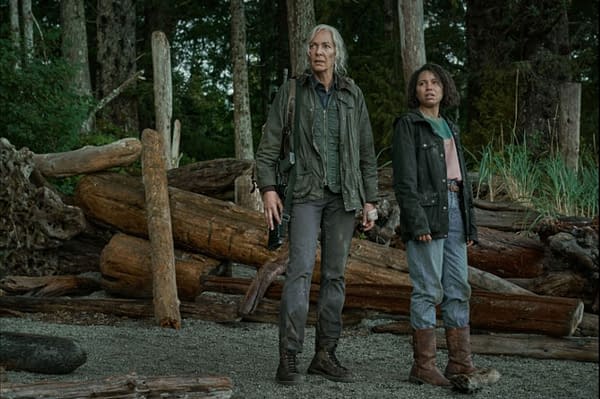
Using Analog Technology to Capture the Lou Score
Bleeding Cool: What was your inspiration when composing the score for 'Lou?'
Fakhrara: It was all about the character of Lou herself and what she is all about with her past, present, future, and what it looks like in her world. That dictated a lot of what needed to be done musically. Lou is a character of very few words. Musically, we had to be very pronounced and effective to convince and commentate on many situations she's going through. I'm not giving away too many plot points, but she does have a complicated past and present. We're going through her adventures of this time and what's happening with Lou, and what's happening. All of that had to be commentated on without giving away too much of the storyline with the music. That's what dictated many things musically and what to do for it.
Was there a template that helped serve as a guide for the film?
I'm training myself to be a "film composer." It's all about what the picture, characters, and story require as far as what [the project] tells you what it needs to do musically regarding the style and how it defines Lou. It is everything she takes on. There are voices in her head. There are voices from the characters, which provide an emotional backing to her story. The music needed to go there as well. There are action sequences where we notice how Lou is trained and planned for situations. That has to be dictated as well within the music itself.
A lot of it is what the picture and characters require. I become a chameleon through the characters themselves. Every project becomes a little challenging to find those voices, ideas, and colors that fit. When you run with those, sometimes those colors don't fit right. It's like when you wear your pants. Sometimes they're too tight, and then sometimes, they're too loose. You figure it out, "I got to lose 20 lbs to make this diet fit, or I got to make the pants fit." Those are the things you have to make sure everything fits. The project usually tells me what I need to do. If I can't hear it, it's a lot of conversations with the director and figuring out what that is.
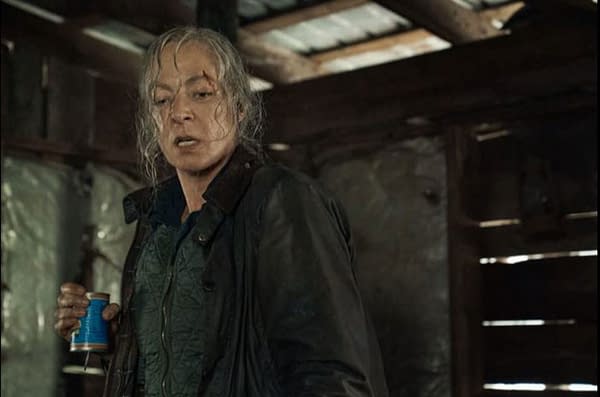
What is the advantage of going analog for the film?
One of the things I wanted to do with this was to have a score that is both modern in the sense of what it's telling us and what it's doing and feeling that it's coming from an older world. So compositionally, I stuck with the idea within the last 20 years of what a thriller should be. All the conventionality I grew up on, understanding, and doing, came out in how I unconventionally scored this thriller. Regarding the analog sound and the recording methods, we went wholly '70s and '80s. I recorded the entire score on cassette. Everything was first sent to a cassette and later manipulated before it returned to ProTools. All of that became the characters. You could hear a lot of the hissing, a little bit of warbling stuff within a lot of these sounds. It gives you an old-school sound without it being an '80s piece of music, if you will. Our recording sessions were done in that exact way. I recorded everything at the Village, which is more of a pop & rock studio, and we recorded everything on analog. I worked with an amazing sound engineer who primarily works in the rock & pop world. It was getting this idea of not having too much-dated sound but rather more of a modern take on it.
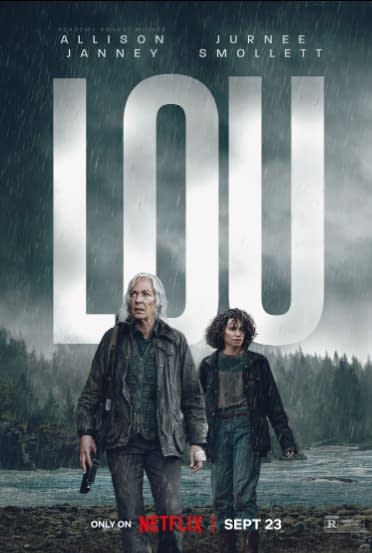
Was there any sequence that was more difficult than others?
I had a wonderful advantage on this score that I was isolated on our Connecticut farm. It was during a New England winter, similar to the movie itself. I took a lot of this journey through the film from start to finish, once you reach the pivotal moment where our characters "crashed into each other." It was one of the most challenging things to score, and we were dealing with a very emotional scene of two characters fighting each other. It took a little while because I didn't want to score traditionally. It needed to be a little bit different and emotional. That beach sequence had to have a lot of layers.
People will figure it out once they see it. It was one of those things I was like, "What are some of the colors that we can use? How do we score it a little bit differently?" We're just not scoring it as an action and fight sequence, and it ended up being a board guitar. We utilized that on itself with much different analog stuff, and it's playing a very simple melody that brings back the whole and ties the entire movie together. That lasted six minutes, but it came out very nicely, and I'm very happy with it.
Lou, which also stars Logan Marshall-Green, Ridley Asha Bateman, and Matt Craven, is available on Netflix.







